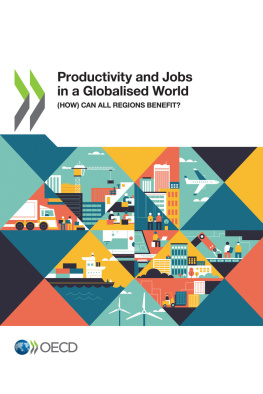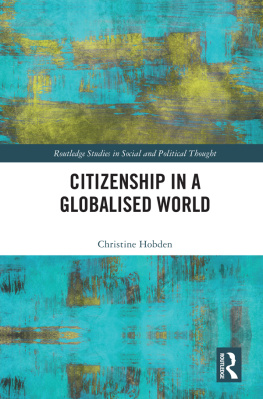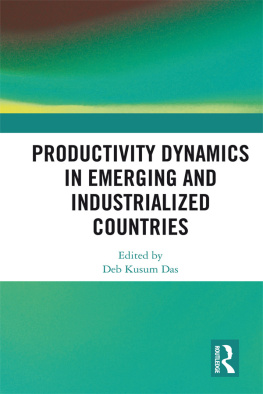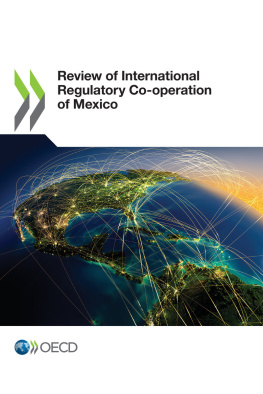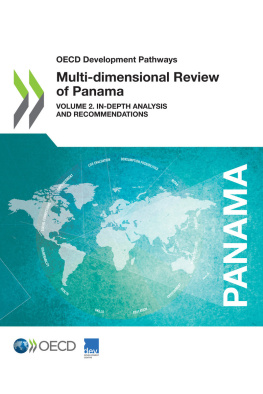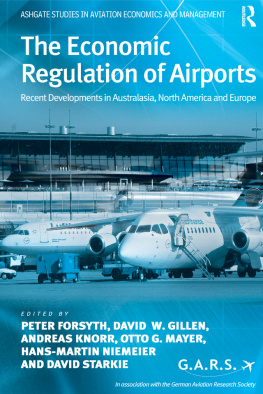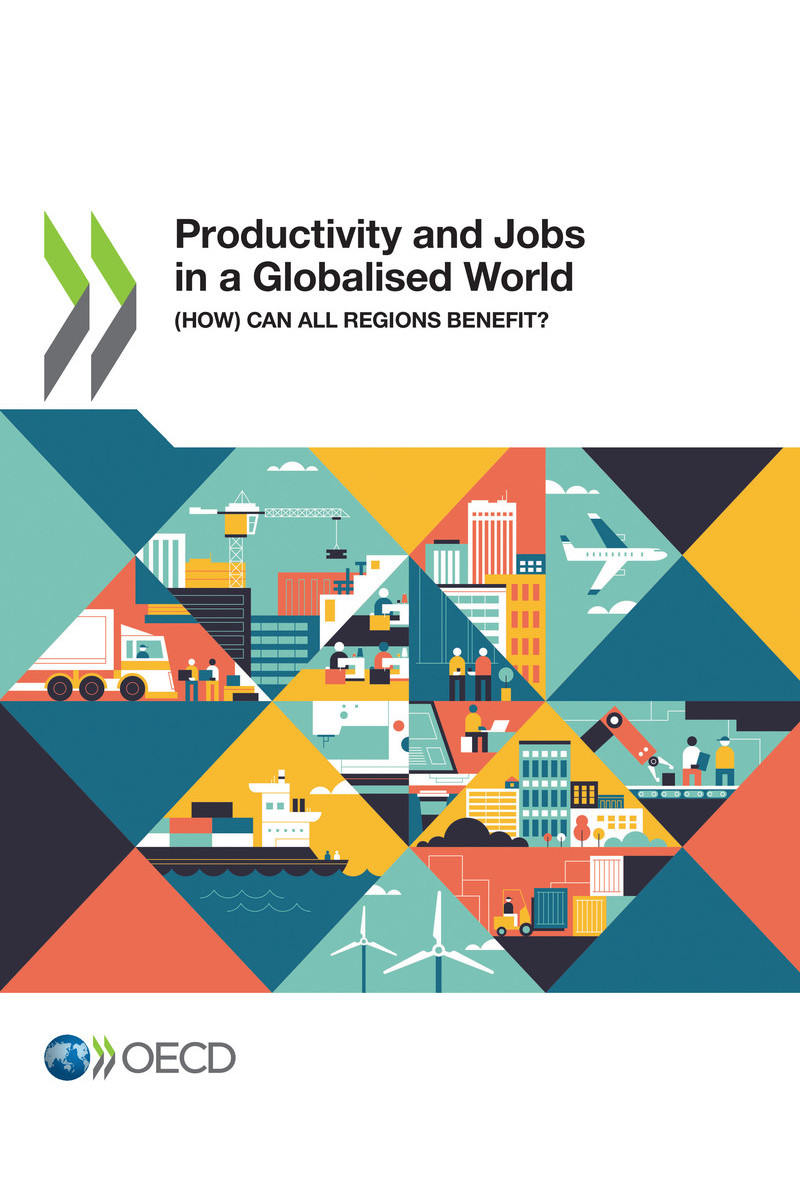Productivity and Jobs in a Globalised World (How) Can All Regions Benefit?
Please cite this publication as:
OECD (2018), Productivity and Jobs in a Globalised World: (How) Can All Regions Benefit? , OECD Publishing, Paris.
http://dx.doi.org/10.1787/9789264293137-en
Metadata, Legal and Rights
ISBN: 978-92-64-29309-0 (print) - 978-92-64-29313-7 (pdf) - 978-92-64-30064-4 (HTML) - 978-92-64-30063-7 (epub)
DOI: http://dx.doi.org/10.1787/9789264293137-en
This work is published under the responsibility of the Secretary-General of the OECD. The opinions expressed and arguments employed herein do not necessarily reflect the official views of OECD member countries.
This document, as well as any data and any map included herein, are without prejudice to the status of or sovereignty over any territory, to the delimitation of international frontiers and boundaries and to the name of any territory, city or area.
The statistical data for Israel are supplied by and under the responsibility of the relevant Israeli authorities. The use of such data by the OECD is without prejudice to the status of the Golan Heights, East Jerusalem and Israeli settlements in the West Bank under the terms of international law.
Photo credits: Cover Parko Polo.
Corrigenda to OECD publications may be found on line at: www.oecd.org/publishing/corrigenda .
OECD 2018
You can copy, download or print OECD content for your own use, and you can include excerpts from OECD publications, databases and multimedia products in your own documents, presentations, blogs, websites and teaching materials, provided that suitable acknowledgement of OECD as source and copyright owner is given. All requests for public or commercial use and translation rights should be submitted to .
Foreword
In recent years, the economic and social costs of persistent disparities in economic performance across regions have become apparent. National economic growth is limited by the lagging productivity growth in some regions. Within affected regions, persistently high unemployment and stagnating or declining wages create economic hardship and diminish peoples confidence in a better future. As a consequence, there are populations in many OECD countries are increasingly discontent with the status quo and, not surprisingly, there is a geographic pattern to much of this discontent.
Helping all regions identify opportunities in globalisation is essential, and ensuring countries remain open to globalisation will require greater success in addressing regional divides within. The costs and benefits from trade are unevenly distributed across regions. Whereas in most regions the benefits from trade have far outweighed the costs, some regions have mainly experienced its downsides. In those regions, old industries have been harmed severely by foreign competition and large numbers of workers have lost their jobs. Furthermore, adjustment processes have been very slow and in many of those regions the jobs have not returned. In the future, unemployment might be exacerbated as jobs become increasingly automated.
To reduce such spatial disparities, policy makers need to address low productivity growth in economically lagging regions. Raising labour productivity is not only essential for long-term economic prosperity but also the only way to ensure sustainable wage growth. Beyond economic output and income levels, productivity matters for many other dimensions of well-being. It is, for example, directly linked to the resources that are available for investments in health care or environmental protection.
This report assesses the regional and national framework conditions that are conducive for the catching up of lagging regions and examines how tradable sectors, clusters and well-functioning cities contribute to this process. The analysis is complemented by concrete policy lessons and examples on how to harness the opportunities provided by a globalised world and effectively address the challenges that it brings. Put differently, this report is asking the question: How can all regions benefit?
This publication contributes to the broader work programme of the OECD Regional Development Policy Committee. It was approved by the Committee on 13 December 2017 under the COTE CFE/RDPC(2017)7 after discussion of the final report at its 38th Session on 7-8 December 2017 and of intermediate findings in earlier sessions of the Committee and its Working Party on Territorial Indicators.
Acknowledgements
This report was produced by the Centre for Entrepreneurship, SMEs, Regions and Cities led by Lamia Kamal-Chaoui, Director.
It is part of the project Sound Macroeconomic Framework Conditions, Structural Reforms and Convergence in Less-developed Regions, which benefitted from financial support of the European Commission Directorate-General for Regional and Urban Policy and from comments and input by Lewis Dijkstra (Head of Economic Analysis Sector).
The project was co-ordinated by Karen Maguire and Alexander Lembcke. The report was co-ordinated by Alexander Lembcke and prepared under the supervision of Karen Maguire and Rdiger Ahrend with guidance from Joaquim Oliveira Martins. It was drafted by Alexander Lembcke (Chapters 1, 2 and 4), Abel Schumann (Chapter 3), and Lorena Figueiredo (Chapter 5). Eric Gonnard provided statistical support. Contributions and data from Wen Chen (University of Groningen), Sabine DCosta (University of Westminster), Christian Ketels (BCG Henderson Institute Stockholm), Bart Los (University of Groningen), Sergiy Protsiv (Stanford University) and Clara Wolf supported this work and are gratefully acknowledged.
The OECD Secretariat extends its thanks and appreciation to the countries and regions that have collaborated in the five case studies that supported the work and are published separately. Specifically, the Secretariat thanks the delegates of Greece, Poland, Portugal, Romania and Spain to the OECD Regional Development Policy Committee and the regions of Andalusia (Spain), Central Macedonia (Greece), Central and North Portugal, South East Romania and Warmian Masuria (Poland).
The Secretariat also thanks the delegates to the OECD Regional Development Policy Committee and its Working Parties, as well as the participants in workshops at OECD, the European Commission (DG for Regional and Urban Policy and Joint Research Centre), the European Commission, and at the 2017 conferences of the European Regional Science Association and the Regional Studies Association for valuable comments on earlier versions of (parts of) the report.
Andrew Brenner provided editorial assistance, Julie Harris prepared the manuscript for publication and Pauline Arbel, Cicely Dupont-Nivore and Pilar Philip supported the production process.
Abbreviations and acronyms
ANRT
National Association for Technological Research (France)
BIF
Baltic Institute of Finland
EGF
European Globalisation Adjustment Fund
EPL
Employment Protection Legislation
GDP
Gross domestic product
ICT
Information and communication technologies

